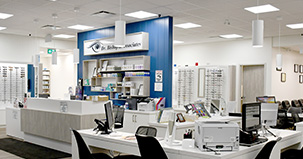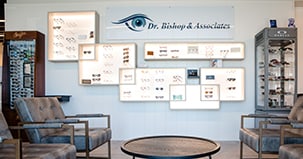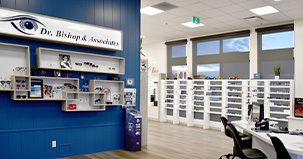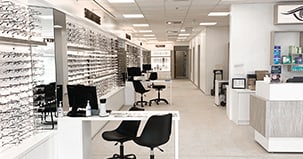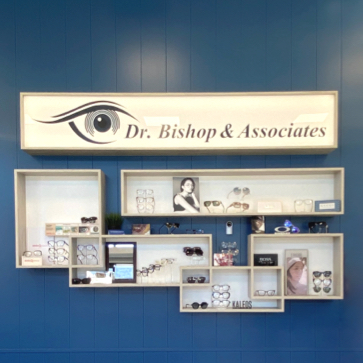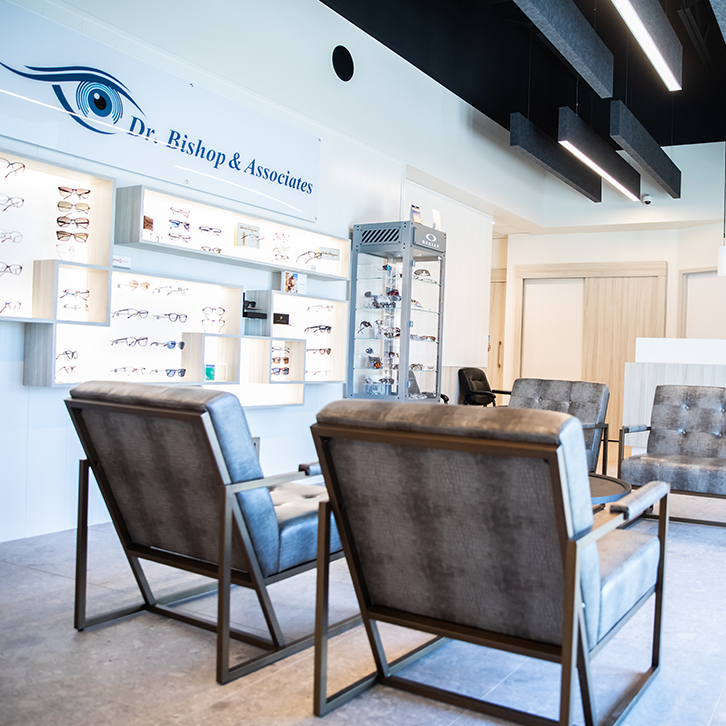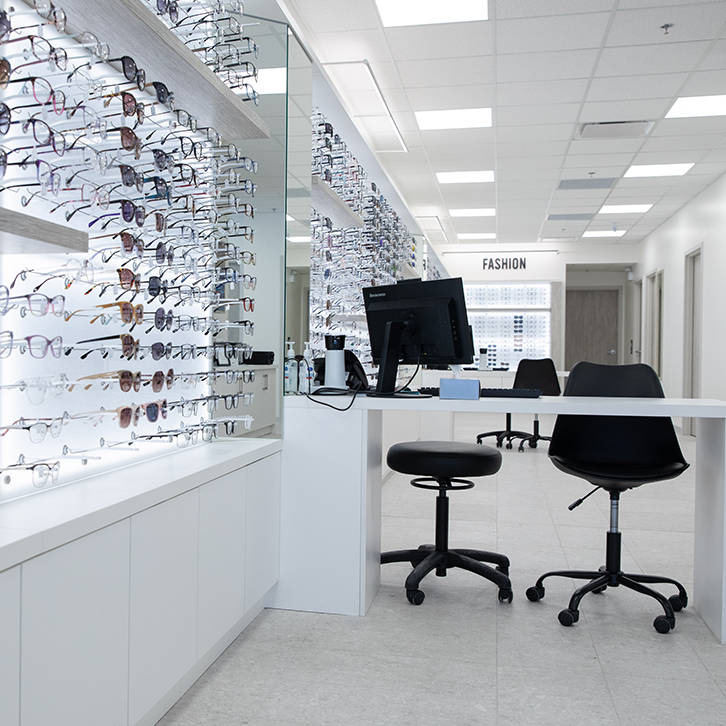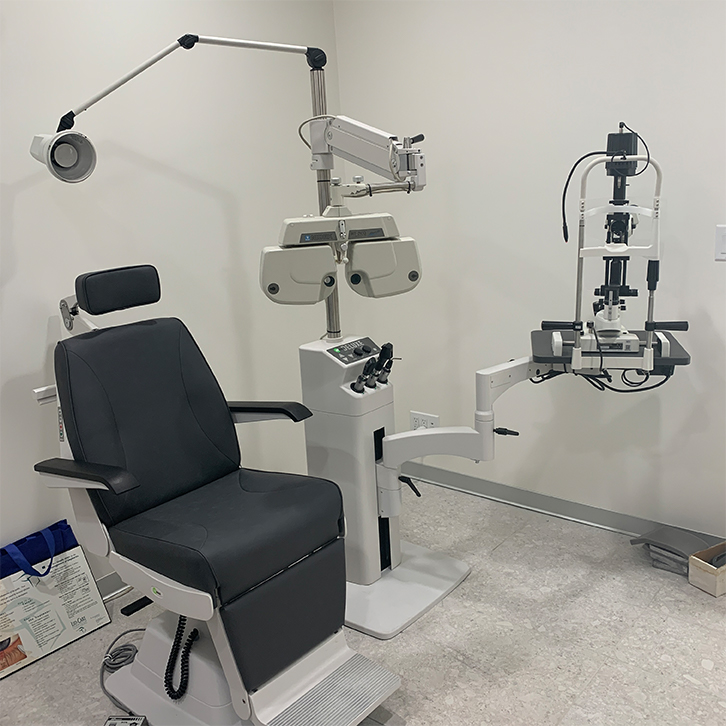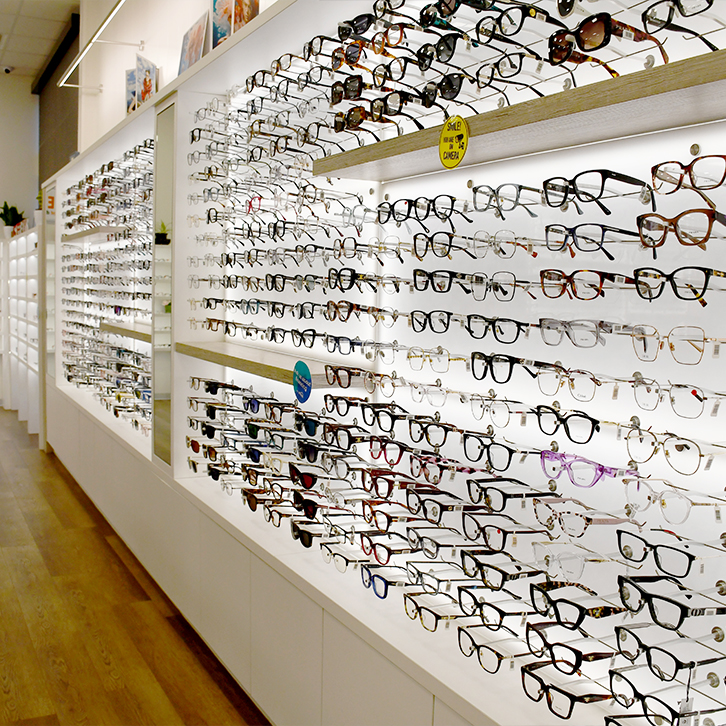Eye drops are used for many reasons, from helping relieve symptoms of dry eyes to treating an infection or preventing one after a surgical procedure. But it’s important to remember that most eye drops have expiration dates, and some even have special storage or handling recommendations.
You shouldn’t use eye drops that are past their expiry date or that have been contaminated. At the very least, they could lose their effectiveness, and in some cases, they could cause an infection.
If you accidentally use expired eye drops, don’t panic—it’s not necessarily an emergency if you use them once. But you should monitor your eyes for signs of infection and see your eye doctor for an examination right away if you notice any issues.
Common Uses for Eye Drops
Not all eye drops are the same. Your optometrist may use a dilating eye drop called tropicamide during a diabetic eye exam so they can get an unobstructed view of the back of your eye. In some cases, your optometrist may use a diluted version of atropine to treat other conditions, such as amblyopia or myopia management.
Your doctor may prescribe an antibacterial or antiviral eye drop following a surgical procedure, laser eye surgery, or to fight an infection.
Lubricating eye drops are the most well-known eye drops. These can relieve dry eyes caused by various things, like dry eye disease or allergies. However, it’s important to note that the preservatives in many lubricating eye drops can irritate with long-term use. So, it’s a good idea to use preservative-free eye drops if you use eye drops regularly.
Do Eye Drops Expire?
In short, yes. But when they expire depends on the specific eye drop. For example, many preservative-free eye drops are meant to be discarded after a single use. Or prescription eye drops may be only good for a few days before you need to throw them away.
Always follow your optometrist’s and the manufacturer’s instructions regarding expiry dates on prescription eye drops because they can vary so much.
Can You Use Expired Eye Drops?
It’s not advisable to use expired eye drops, even non-medicated eye drops like artificial tears or lubricating eye drops.
Most eye drops have preservatives that prevent or delay the growth of fungi, bacteria, or viruses. But, after a certain amount of time, these preservatives become less effective, introducing contaminants that can cause infection.
Medicated eye drops, such as those used to combat infection, may lose their efficacy after a specific time, so you shouldn’t use them past their expiration date. However, they are typically designed to be stable enough to finish a course of treatment. You should discuss another prescription if you still need the medicated eye drops after they expire.
Accidental Use of Expired Eye Drops
Let’s say you’ve got dry eyes and reach for the lubricating eye drops in your medicine cabinet. But you notice after you’ve already used the eye drops that they are expired. Your eyes will likely feel fine, and there’s no need to panic. Just discard the eye drops so you don’t accidentally use them again.
But you should monitor your eyes for signs of infection because it’s possible that the preservatives were no longer effective, and the eye drops could have been contaminated with bacteria, fungi, or viruses.
Common signs of eye infection may include:
- Pain or discomfort in one or both eyes
- Feeling like there is something in your eye
- Increased light sensitivity
- Discharge from the eye—may be green, yellow, or bloody
- Redness in the eye or eyelids
- A grey or white sore on the iris (coloured part of your eye)
- Unexplained fever
- Blurry or decreased vision
These symptoms don’t guarantee an infection, but you should see your eye doctor to rule out the possibility.
Proper Care & Use of Eye Drops
You should follow your optometrist’s and the manufacturer’s instructions when storing and caring for your eye drops. Some need to be refrigerated, and others need to be stored at room temperature.
Some things to keep in mind regarding the care and use of your eye drops are:
- Pay attention to the expiry date
- Don’t touch the dropper to your eye or any other surface
- Don’t share eye drops with anyone else
- Store and use as directed
Discuss Eye Drop Options with Your Eye Doctor
You may need eye drops for any number of reasons. And in many cases, you can purchase over-the-counter eye drops without a prescription. Just be mindful of using preservative-free drops if you use them regularly for dry eye, for example.But there may be a reason, like an infection, that you need to see your optometrist for an examination and prescription. Contact us to book an appointment at Dr. Bishop & Associates if this is you. Our experienced optometrists can recommend effective treatment to get your eyes feeling great again.







